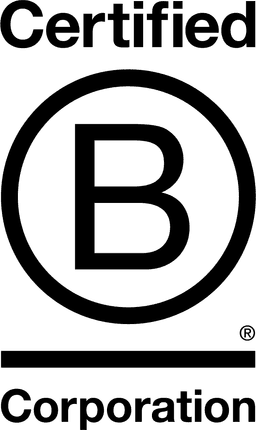

PKT1

Sinaloa, Mexico
March 2020
Postal & courier activities
Service with Significant Environmental Footprint
Chile,
Mexico
The business model includes offering a personalized "zero carbon dioxide" service, focused on satisfying the needs of their customers, through the documentation service, and / or on-site collection of packages and / or envelopes, as well as on counter. The packages and / or envelopes documented by PKT1 arrive at the facilities of four allied parcel companies, which use their infrastructure to ensure the arrival of the package and / or envelope at its destination. On-site service is done in 100% electric cars, which obtain clean energy, produced in solar panel systems at all PKT1 branches. El modelo de negocio comprende de ofrecer un servicio"cero emisiones de dióxido de carbono", personalizado, enfocado a satisfacer las necesidades de nuestros clientes, por medio del servicio de documentación, y/o recolección in situ de paquetes y/o sobres, así como en mostrador. Las los paquetes y/o sobres documentados por PKT1, llegan las instalaciones de cuatro compañías de paquetería aliadas, las cuales usan su infraestructura para asegurar la llegada del paquete y/o sobre a su destino. El servicio in situ se hace en automóviles 100% eléctricos, que obtienen energía limpia, producida en sistemas de paneles solares en todas las sucursales de PKT1.
Overall B Impact Score
Governance 14.9
Governance evaluates a company's overall mission, engagement around its social/environmental impact, ethics, and transparency. This section also evaluates the ability of a company to protect their mission and formally consider stakeholders in decision making through their corporate structure (e.g. benefit corporation) or corporate governing documents.
What is this? A company with an Impact Business Model is intentionally designed to create a specific positive outcome for one of its stakeholders - such as workers, community, environment, or customers.
Workers 18.0
Workers evaluates a company’s contributions to its employees’ financial security, health & safety, wellness, career development, and engagement & satisfaction. In addition, this section recognizes business models designed to benefit workers, such as companies that are at least 40% owned by non-executive employees and those that have workforce development programs to support individuals with barriers to employment.
Community 13.7
Community evaluates a company’s engagement with and impact on the communities in which it operates, hires from, and sources from. Topics include diversity, equity & inclusion, economic impact, civic engagement, charitable giving, and supply chain management. In addition, this section recognizes business models that are designed to address specific community-oriented problems, such as poverty alleviation through fair trade sourcing or distribution via microenterprises, producer cooperative models, locally focused economic development, and formal charitable giving commitments.
Environment 42.7
Environment evaluates a company’s overall environmental management practices as well as its impact on the air, climate, water, land, and biodiversity. This includes the direct impact of a company’s operations and, when applicable its supply chain and distribution channels. This section also recognizes companies with environmentally innovative production processes and those that sell products or services that have a positive environmental impact. Some examples might include products and services that create renewable energy, reduce consumption or waste, conserve land or wildlife, provide less toxic alternatives to the market, or educate people about environmental problems.
What is this? A company with an Impact Business Model is intentionally designed to create a specific positive outcome for one of its stakeholders - such as workers, community, environment, or customers.
Customers 2.3
Customers evaluates a company’s stewardship of its customers through the quality of its products and services, ethical marketing, data privacy and security, and feedback channels. In addition, this section recognizes products or services that are designed to address a particular social problem for or through its customers, such as health or educational products, arts & media products, serving underserved customers/clients, and services that improve the social impact of other businesses or organizations.